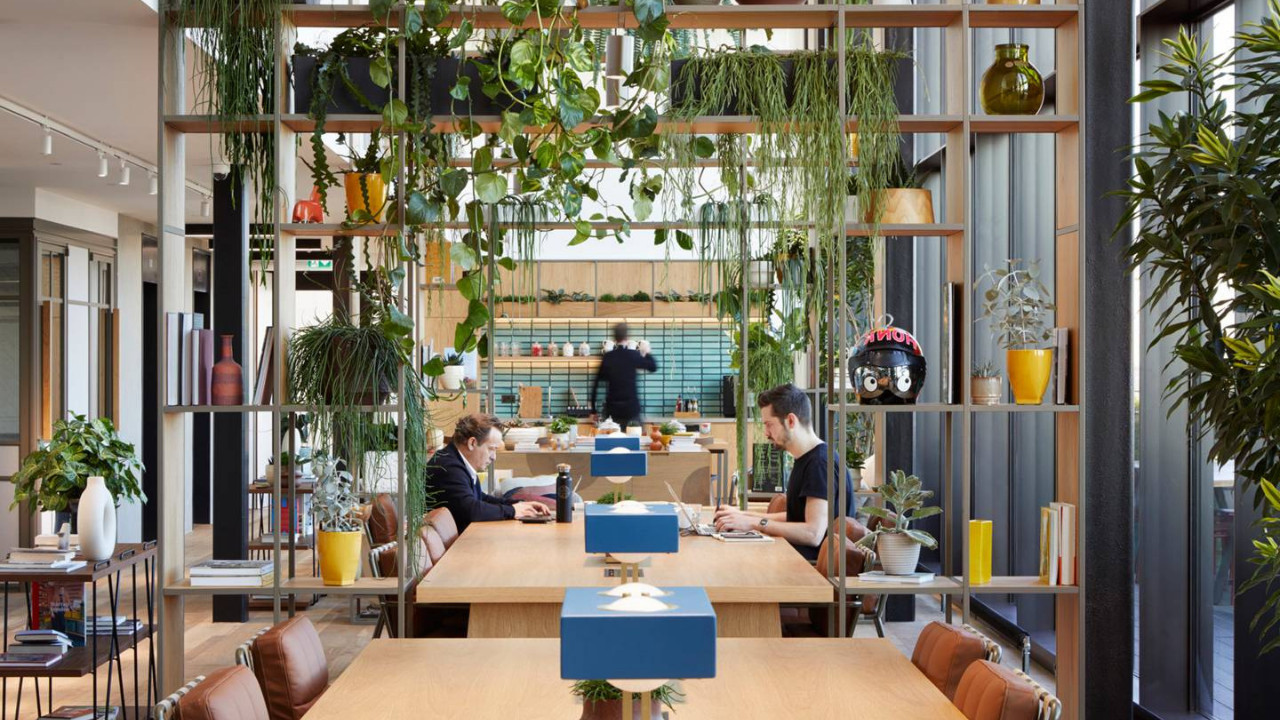A new report from Cardiff and Southampton Universities has found that nine in ten workers want to continue working from home even after the pandemic is over.
Now, the office industry is scrambling to navigate how to gear their services to a workforce who are increasingly losing interest in physical offices.
Enrico Sanna, cofounder of flexible office firm FORA, believes that the decreased demand for average offices is hurting the industry. However, offering a workspace that is different from the typical dry office environment could be a game changer for the sector.
Although working from home has carried numerous perks, many people have expressed feelings of isolation and loneliness. In fact, a survey from Kantar Health found that people experiencing symptoms of depression have grown from 7% to 11%. This may impact those who do not have the ideal home environment and are struggling with a work-life balance.
Workspaces like FORA offer a vibrant, more flexible alternative than your traditional office as they typically provide numerous amenities and a variety of workspaces, such as private phone booths, to suit all work styles.
FORA in particular emphasizes hospitality in its spaces so that workers feel at home, with front-of-house staff receiving training from hospitality school Ecole hôtelière de Lausanne.
Overall, while remote working can be great for productivity, it is not the best option for those suffering from lack of socialization. Using a flexible workspace closer to workers’ homes can allow them to be part of a community, while still enjoying reduced commutes.

 Dr. Gleb Tsipursky – The Office Whisperer
Dr. Gleb Tsipursky – The Office Whisperer Cat Johnson – Coworking Marketing Maven
Cat Johnson – Coworking Marketing Maven Angela Howard – Culture Expert
Angela Howard – Culture Expert Drew Jones – Design & Innovation
Drew Jones – Design & Innovation Andrea Pirrotti-Dranchak – Competitive Advantage
Andrea Pirrotti-Dranchak – Competitive Advantage Jonathan Price – CRE & Flex Expert
Jonathan Price – CRE & Flex Expert Jeremy Fennema – Tech Innovation Alchemist
Jeremy Fennema – Tech Innovation Alchemist







